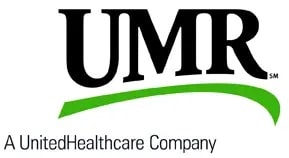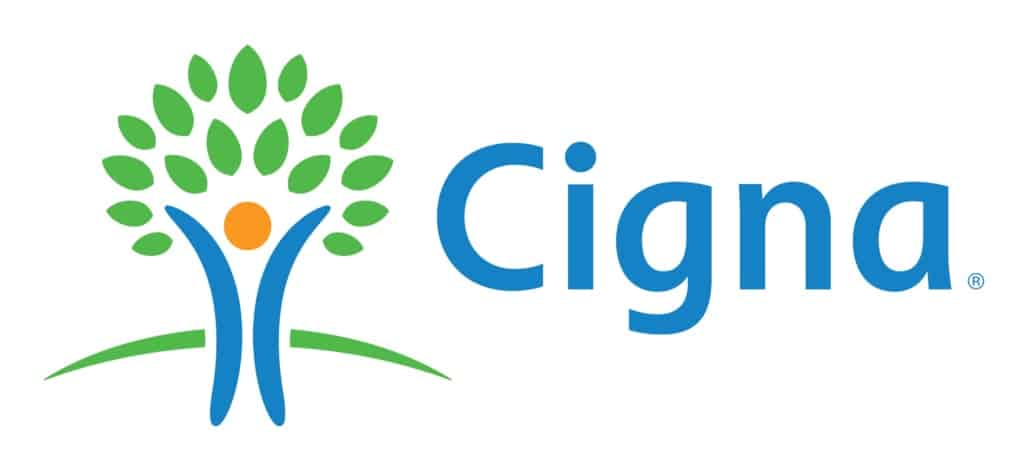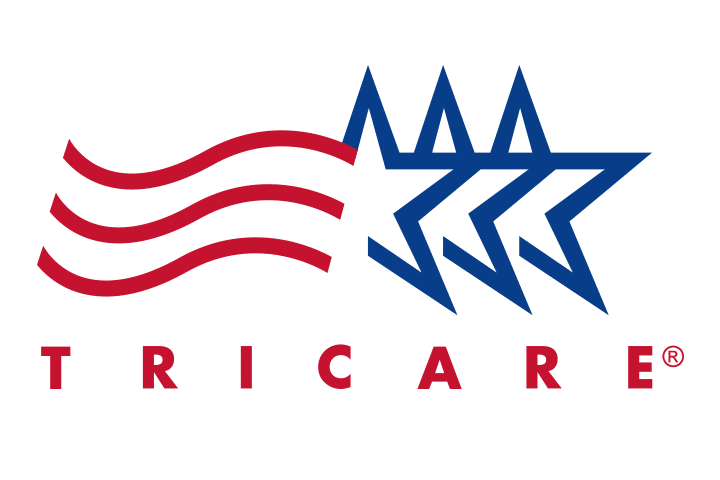Obstetrics Services In Columbus, Ohio

Having a baby can be one of the most rewarding times in any women’s life. At Columbus Women’s Care we aim to be with you every step of the way to provide continuous and complete care. From the moment of pregnancy confirmation to the actual birth of the baby, and beyond post partum, Columbus Women’s Care aims to be a vital partner in this natural process.
Columbus Women's Care is dedicated to providing top-rated obstetrics services in Columbus, OH because we understand that having a baby can be one of the most rewarding times in any woman's life. Our aim to be with you every step of the way to provide continuous and complete care. From the moment of pregnancy confirmation to the actual birth of the baby, and beyond postpartum, Columbus Women’s Care aims to be a vital partner in this natural process. During your pregnancy, we offer a full range of services including ultrasound, genetic testing, and fetal monitoring. Whether you have a low or high-risk pregnancy, we work together in providing you expert care and treatment.
Our primary goal is to ensure optimal health for both the baby and the mother while maintaining the highest level of comfort during pregnancy. Your obstetrician will sit with you and discuss the best options specific to your individual pregnancy. At our office, we support your decisions, whether it be prenatal testing or for labor and delivery, we hear your requests and always take into consideration your wishes.
Obstetrics Services
Our routine prenatal services include:
- Well woman exams
- Prenatal nutrition counseling
- General lab tests (blood, urine, glucose)
- Routine ultrasound appointments
Pregnancy And Labor Instructions Forms
Our Delivery Hospitals
Columbus Women’s Care Offers Delivery At The Following Local Hospitals:
- Mount Carmel East
- Grant Medical Center
- Mount Carmel St. Ann’s Hospital
How Soon After Learning You’re Pregnant Should You Visit Columbus Women’s Care?
We’d like to see you as soon as you know you’re pregnant. The American Pregnancy Association recommends you make an appointment with an OB/GYN for your first prenatal visit within eight weeks of your last menstrual period.
If you’re planning on getting pregnant, we’d like to see you before you do. This is called pre-pregnancy care and it has both educational and health components to it.
Our Delivery Hospitals
Columbus Women’s Care Offers Delivery At The Following Local Hospitals:
- Mount Carmel East
- Grant Medical Center
- Mount Carmel St. Ann’s Hospital
How Often Should I Have Prenatal Care Visits?
There is some variability in the frequency of your prenatal visits with us. This depends, in part, on your age and on your risk of potential complications. This is the schedule of prenatal care for a woman who is healthy and between the ages of 18 and 35:
- Every 4 to 6 weeks for the first 32 weeks
- Every 2 to 3 weeks for the 32nd to 37th weeks
- Every week from the 37th week through delivery
High-risk pregnancies will likely dictate more frequent appointments.
What common issues and symptoms occur in the 1st, 2nd, and 3rd trimesters?
The first trimester (0 to 13 weeks)
This period is the most crucial for your baby’s development. During the first trimester, your baby’s body structure and organ systems develop. Most miscarriages and birth defects occur during the first trimester.
For you, your body undergoes major changes as well. These changes lead to a variety of symptoms: nausea, fatigue, breast tenderness, and frequent urination. These are common, but symptoms vary with different women. For instance, while one newly pregnant woman may feel tired and emotional, another may feel an increased energy level.
The second trimester (14 to 26 weeks)
Many people deem this middle section of your pregnancy the “golden period.” This is because many of the unpleasant aspects of the first trimester now disappear. You should have less nausea, better sleep patterns, and increased energy levels.
Symptoms during the second trimester change to reflect the growing baby. You may have back pain, abdominal pain, leg cramps, constipation, and heartburn.
The third trimester (27 to 40 weeks)
You’re now in the home stretch. Particularly at the end of the third trimester, you’ll feel ready to have the baby and be finished being pregnant. There will be some anxiousness about what’s upcoming. Physical symptoms in the third trimester include shortness of breath, hemorrhoids, urinary incontinence, varicose veins, and sleeping problems.
Many of the symptoms in the third trimester arise from the increase in the size of your uterus, which expands from approximately 2 ounces before pregnancy to 2.5 pounds at the time of delivery.
What Testing Is Done During Pregnancy?
We will perform many tests. Most of these are routine. Genetic testing can be a part of these tests, such as amniocentesis. Amniocentesis tests your amniotic fluid, the fluid surrounding and protecting your fetus inside your uterus. Amniocentesis can detect chromosomal defects, such as Down syndrome. We may suggest amniocentesis if you are over 35 years old, you have a family history of certain birth defects, you’ve had a previous child with a major birth defect, or other screening tests point to the need for more detailed testing.
These are the basic tests we will perform. Of course, every pregnancy is unique, so these tests can vary.
First trimester
- Urine tests
- Rh factor tests
- Initial blood work-up
- Pap smear
Second trimester
- Quad screen
- Level 2 ultrasound
- Glucose screening
Third trimester
- Non-stress test
- Biophysical profile
- Group B strep
When Should You Make An Emergency Obstetrics Appointment?
With pregnancy, you’ll have lots of physical symptoms you may never again have unless you become pregnant again. Most of these symptoms are nothing to worry about, but there are some specific symptoms that require immediate medical attention. These cannot wait until your next prenatal visit with us.
Call us at Columbus Women’s Care immediately with any of these symptoms:
- Any bleeding during pregnancy is not normal — Heavy bleeding with severe stomach pain in the first trimester could be a sign of an ectopic pregnancy. Heavy bleeding with cramping in the first three or four months could be a sign of miscarriage. Bleeding with abdominal pain in the final three months of pregnancy could be a sign of a placental abruption.
- Stomach cramps — Could be a sign of ectopic pregnancy
- Dizziness — Could be a sign of ectopic pregnancy or pre-eclampsia
- Severe vomiting or sickness — Could be a severe symptom of pregnancy or a sign of an infection
- Lower back pain — Could be a sign of pre-eclampsia
- Rapid increase in blood pressure — Signaled by possible nose bleeds, headaches, or dizziness, these could be a sign of pre-eclampsia
- Blurry vision and headaches — Could be a sign of pre-eclampsia
- Sudden and significant swelling of the hands, face, and feet — Could be a sign of pre-eclampsia
- Fever — Could be a sign of an infection
- Decrease in your baby’s normal movements
- Regular, increasingly intense contractions before 37 weeks of pregnancy — May be a sign of premature labor
- If your water breaks before labor begins — You will feel a gush or continual trickle of fluid that has a slightly sweet smell
- Blackouts or fits
What Are The Birth Settings For Columbus Women's Care?
Because of the available care and facilities, should they be needed, our OB/GYNs and nurse-midwives perform deliveries at these hospitals:
- Mount Carmel East
- Grant Medical Center
- Mount Carmel St. Ann’s Hospital
Childbirth Delivery Options In Columbus Ohio
An easy birth with predictable phases is ideal. But even the best-laid childbirth plans can take different courses, so it’s good to have an idea of what different delivery methods could be necessary.
Vaginal Delivery
Most women give birth at around 38-41 weeks of pregnancy. Vaginal delivery is preferred because of these benefits:
- Shorter hospital stays
- Lower infection rates
- Quicker recovery
- Vaginally born babies have a lower risk of respiratory problems
Cesarean Section
Since all plans can sometimes have detours, other delivery methods could be necessary. A Cesarean section is the delivery of the baby through a surgical incision in the mother’s abdomen and uterus. These are events that could dictate a C-section delivery:
- Multiple babies (twins, etc.)
- A very large baby
- Previous surgery, such as a C-section
- Baby is in breech (bottom first) or transverse (sideways) position
- Placenta previa (placenta is low and is covering the cervix)
- Fibroid or other obstruction
Vaginal Birth After Cesarean
Changes in surgical techniques sometimes allow a vaginal birth.
Vaginal Birth After Cesarean
Vacuum extraction is sometimes done during the course of vaginal childbirth. A cup with a handle and a vacuum pump are applied to the baby’s head to help guide it out of the birth canal.
Accepted Insurances








